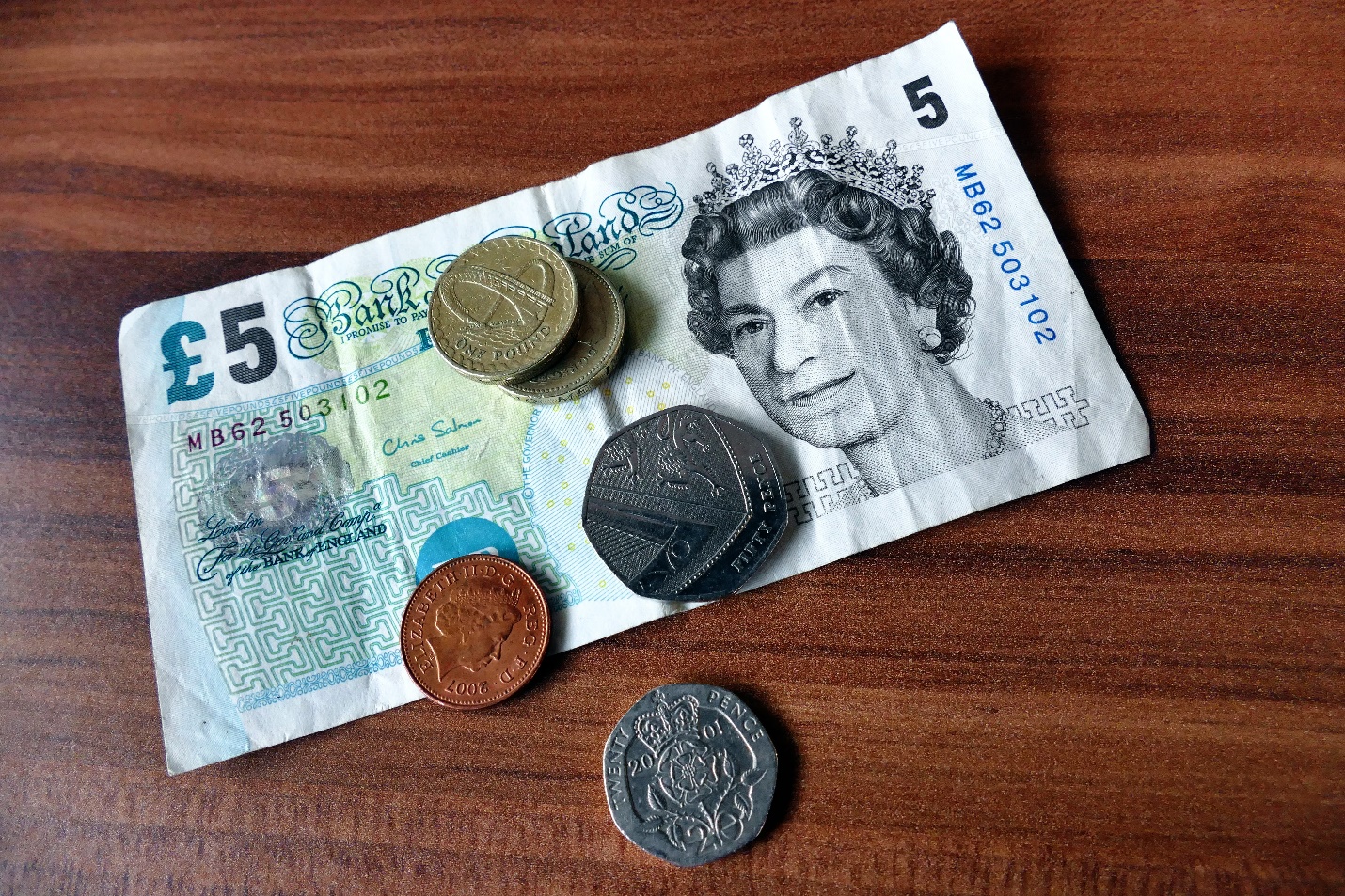Money laundering is the process of concealing money earned from criminal activities, such as drug trafficking or fraud, by converting them into legitimate funds. In this article, we will explore the scale of money laundering in the UK, how it affects the economy, and its impact on businesses and individuals. We will also discuss the role of the government in combating this issue, recent developments in the fight against money laundering, and the future of money laundering in the UK. So, without further ado, let’s begin!
How Money Laundering Affects the UK Economy
Money laundering has a negative impact on the UK economy. It undermines the financial system’s integrity, allowing criminal organizations to infiltrate legitimate businesses. This can lead to a distortion of competition and a loss of faith in the financial system. Money laundering also increases the risk of financial instability, as it can lead to the financing of terrorism and other illicit activities.
However, the impact of money laundering on the UK economy is not just limited to the financial sector. It also has wider implications for society as a whole. It can lead to increased crime, as the proceeds of criminal activities are used to fund further criminal operations. It can also result in a government tax revenue loss, as money launderers often attempt to conceal their profits from the authorities and avoid paying taxes.
The Cost of Money Laundering on Businesses and Individuals
Money laundering can have a significant impact on businesses and individuals. Businesses can suffer reputational damage if they are implicated in money laundering activities. This can lead to a loss of customers and investors and the imposition of regulatory fines and legal action.
Money laundering can also impact individuals, as criminals may use their identities to conceal their activities. This can damage their credit rating and lead to difficulty accessing financial services.
Money laundering also has a wider impact on society. It can lead to decreased public trust in institutions and a loss of confidence in the financial system. This can have long-term consequences for the economy and society as a whole.
The Role of the Government in Combating Money Laundering
The UK government has a vital role to play in combating money laundering. It has implemented various measures to prevent money laundering and detect and prosecute those involved in such activities. The government has also established the Financial Conduct Authority (FCA) and the National Crime Agency (NCA) to oversee the financial sector and to investigate and prosecute money laundering offences.
The government has also introduced legislation strengthening the UK’s anti-money laundering regime. The most recent is the Money Laundering and Terrorist Financing (Amendment) Regulations 2019, which implements the EU’s Fifth Money Laundering Directive. This legislation requires firms to undertake more stringent due diligence checks and to report suspicious transactions to the authorities.
Recent Developments in the Fight Against Money Laundering
There have been several recent developments in the fight against money laundering. One of the most significant is the introduction of Unexplained Wealth Orders (UWOs). These court orders require individuals to explain the source of their wealth where there are reasonable grounds to suspect that it was obtained illegally. This has been a powerful tool in the fight against money laundering in the UK, as it allows the authorities to seize assets that cannot be explained by legitimate means.
Another recent development is the use of technology to combat money laundering. The introduction of artificial intelligence and machine learning has enabled financial institutions to better detect and prevent money laundering activities. This technology can analyse large amounts of data and identify suspicious activity patterns.
How the Future Looks Like Right Now
The future of money laundering in the UK is uncertain. Criminal networks are becoming increasingly sophisticated in their methods, and the UK’s exit from the EU may present new challenges in the fight against money laundering.
However, there are reasons to be optimistic. The government’s commitment to combating money laundering remains strong, and introducing new technologies and legislation will help strengthen the UK’s anti-money laundering regime tenfold.
Wrapping Up
Money laundering has a devastating impact on the UK economy, businesses, and individuals. It undermines the integrity of the financial systems, increases the risk of financial instability, and has wider implications for society. The government has a vital role in combating money laundering, and recent developments have shown that progress is being made.
That said, the fight against money laundering in the UK is an on-going battle. However, with continued commitment and investment, we can work towards a future where the UK’s financial system is free from the damaging effects of money laundering.


